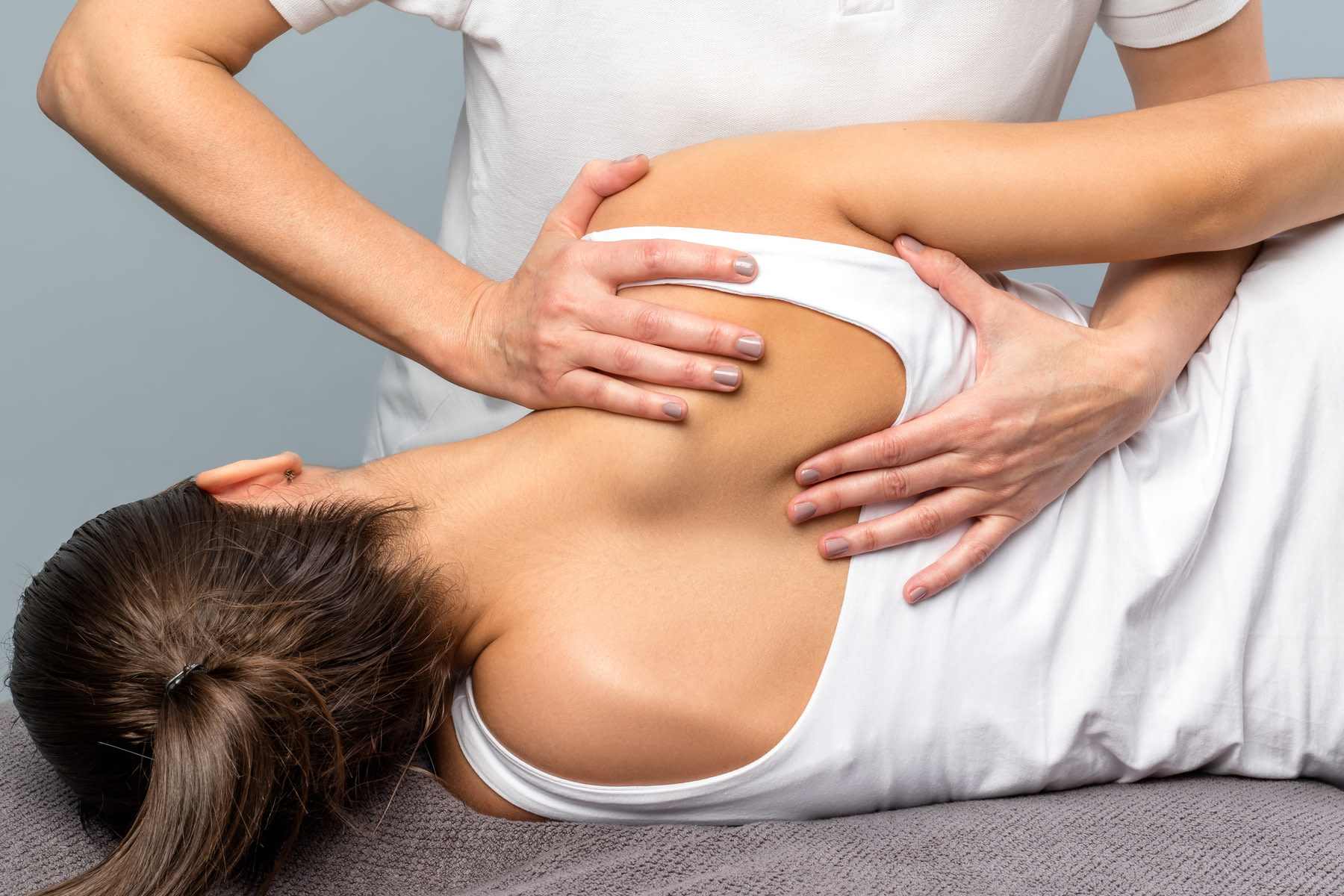Pinched nerve affecting the shoulder: signs and treatment
Dealing with a pinched nerve that’s affecting your shoulder? Explore effective shoulder pain treatments and exercises with guidance from physical therapists.
$0 cost to you
Last Updated: Mar 19, 2025
Table of Contents
Fully covered arm or shoulder pain relief
Find relief from arm pain, shoulder pain, pinched nerves, & more.
Check if I'm eligibleExercises for pinched nerve affecting the shoulder
Want expert care? Check if you're covered for our free program →- Chin Tuck
- Cervical Rotation
- Median Nerve Glide
- Scapular Squeezes
